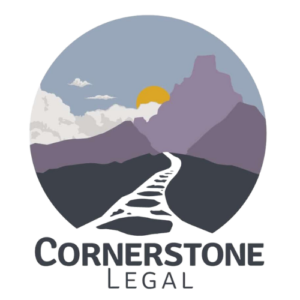Are you wondering what happens to your property when you pass away? Who gets it? How will it be distributed? These are all good questions and many people have them! This article explains it. But first of all, let’s get property defined.
Two types of Property:
Real Property – Your house, your family farmland, your cottage up north, your condo in Florida, or maybe your permanent mobile home in Scottsdale. These are all real property that you own by way of a Deed. You own a lot, or two, or 50 acres.
Personal Property – Literally everything else you own. Your checking account, the fun money in your Robinhood or E-Trade account, your Christmas Club saver account, and the nest egg you’ve been squirreling away. Your employee benefits – Simple IRA, SEP IRA, 401k, 403b, 457, and life insurance. Your Roth IRA or personal life insurance. Your family business or that side hustle that pays for family vacations, whether it’s a LLC or DBA. Your Honda Civic, your favorite Harley, the fishing boat you keep at the cabin, and your pop-up camper. Even your artwork, stamp collection, jewelry, photos, furniture, antiques, and your pets.
So… what happens to your real and personal property when you pass away?
Well, it depends. In a simple scenario where you are married, the property should all pass to your spouse. However, they may need to jump through some hoops (i.e. Probate Administration) if you haven’t actually named your spouse as your joint owner or primary beneficiary.
If you’re not married, things can get a bit more complicated. Depending on whether your intended heirs are your children, siblings, parents, nieces and nephews, or charities, you need to have a plan in place to make sure that all of your real and personal property can transfer smoothly.
What are the planning options?
- Create a Will, utilize a Ladybird Deed for Michigan real property, and name primary and contingent beneficiaries on all other personal property assets***
- Create a Living Trust, deed all of your real property to your Living Trust, and update your ownership and/or beneficiaries on all other personal property assets to align with your Living Trust
***This option is not meant for everyone. There are often unique circumstances that make this type of planning right for a client. Ladybird Deeds are not accepted in every state. You should consult with an attorney before attempting to implement a plan like this yourself.
Now that you know the different types of property and what happens to everything when you pass away, do you need some help to get it into writing?
I’m here to help! Give me a call at (517)708-2222 or email me at Katrina@CornerstoneLegalPLLC.com.



